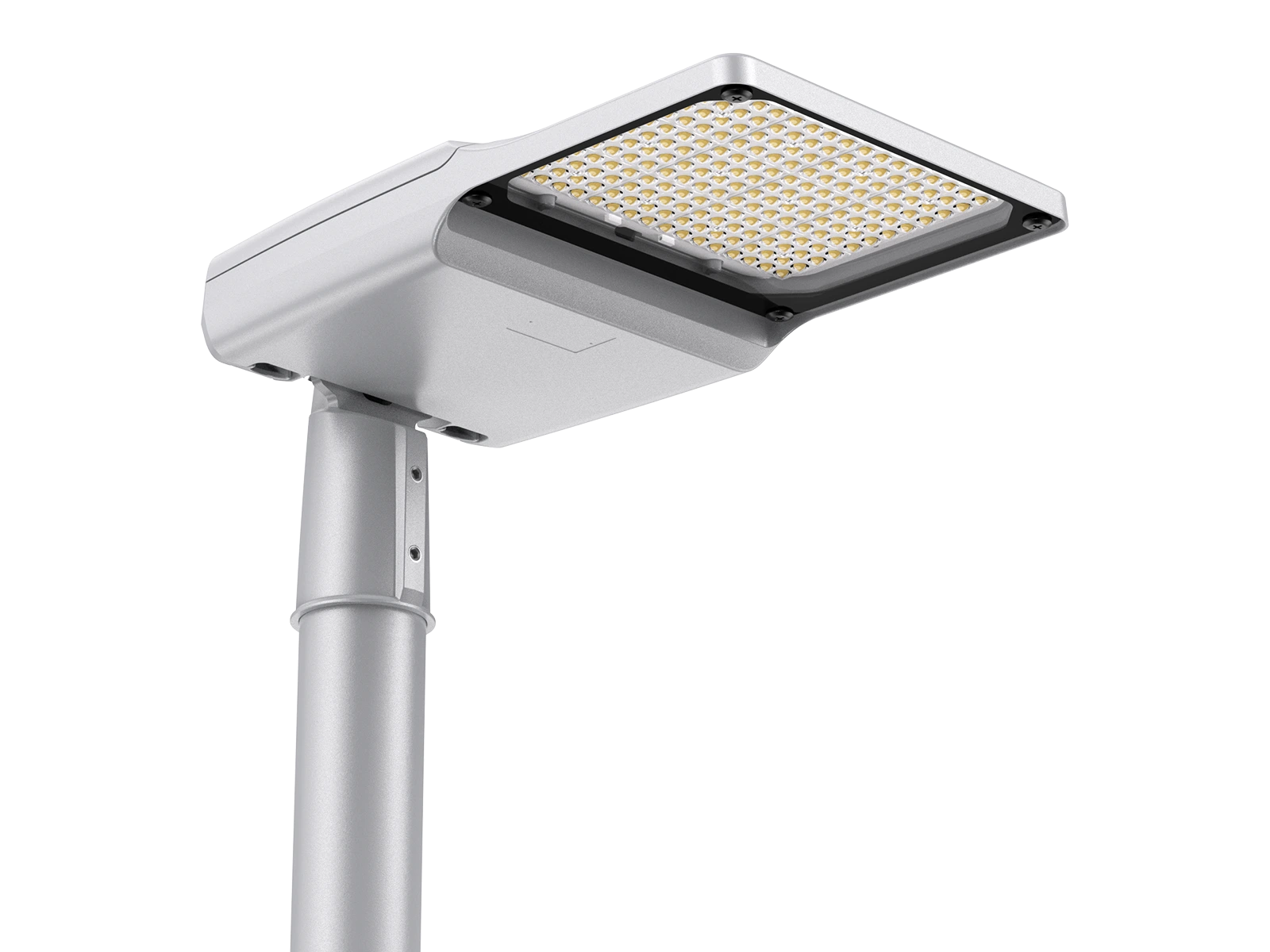Starting a Limited Liability Company is one of the most important decisions an entrepreneur makes when launching a business. Among the fifty states, Nevada and Delaware consistently emerge as the top choices for forming an LLC. Both states are well known for their business-friendly laws, privacy protections, and favorable tax systems. However, the choice between Nevada and Delaware depends on understanding the unique advantages, disadvantages, and long-term implications of forming an LLC in each jurisdiction. By comparing both states in detail, you can decide which option aligns best with your business goals and financial plans.
The debate of Nevada LLC vs Delaware LLC goes far beyond simple filing fees. It touches areas like taxation, legal protections, reporting requirements, and even how investors view your company. Entrepreneurs often ask whether Nevada’s strong privacy laws are more valuable than Delaware’s court system or whether Delaware’s reputation with large corporations outweighs Nevada’s tax advantages. To answer these questions, we need to analyze every element of both states and understand the broader context behind their business environments.
Why entrepreneurs compare Nevada and Delaware
Entrepreneurs compare Nevada and Delaware because both states offer distinct advantages that make them attractive for business formation. Delaware is considered the corporate capital of America, with more than half of Fortune 500 companies registered there. Its well established Court of Chancery specializes in business disputes, giving investors and business owners confidence in the legal system. Nevada, on the other hand, is praised for its absence of corporate income tax, franchise tax, and personal income tax, making it a tax-friendly destination.
Another reason for this comparison is the privacy factor. Nevada provides a high level of confidentiality by not requiring disclosure of LLC members or managers in public records. Delaware does require some disclosure, but its legal framework offers predictable outcomes in business litigation. Entrepreneurs deciding between the two states often weigh whether the financial advantages of Nevada outweigh the legal reputation of Delaware, or whether Delaware’s credibility with investors is more important than Nevada’s tax structure.
Forming an LLC in Nevada
Nevada has developed its reputation as one of the most business-friendly states in the country. The state government actively encourages entrepreneurs by eliminating personal income taxes and corporate income taxes. This means that business owners can keep more of their profits and reinvest them into growth. In addition, Nevada does not impose franchise taxes, which are common in states like California and New York.
From a privacy perspective, Nevada goes a step further by not requiring the disclosure of members or managers in public records. This appeals to business owners who want confidentiality and asset protection. The state also provides strong legal shields for members, making it difficult for creditors to pierce the corporate veil. These factors combined have made Nevada especially popular with small business owners, consultants, and entrepreneurs who prioritize privacy and lower tax obligations.
Forming an LLC in Delaware
Delaware has been the leading state for business incorporation for decades, and for good reason. The state is home to the Delaware Court of Chancery, a specialized court system that exclusively handles corporate and business cases. This court is known for its expertise, consistency, and efficiency in resolving disputes, which makes Delaware extremely attractive for companies with multiple shareholders or investors.
Another significant advantage of Delaware is its reputation. Investors, venture capitalists, and large corporations view Delaware LLCs as highly credible due to the state’s established body of corporate law. This is why so many publicly traded companies are registered there. Even though Delaware does charge franchise taxes and requires more disclosure than Nevada, many businesses choose it because the long-term credibility and investor trust often outweigh the initial costs.
Tax differences between Nevada and Delaware
One of the most important factors in the Nevada LLC vs Delaware debate is taxation. Nevada stands out because it imposes no corporate income tax, no personal income tax, and no franchise tax. This makes it appealing to business owners who want to reduce their annual obligations. The only recurring requirement is the state business license and annual report, which are predictable and relatively simple to manage.
Delaware, on the other hand, does charge franchise taxes, and these can be expensive depending on the size of your company. While the state does not require businesses that operate outside Delaware to pay income tax, the franchise tax still adds to annual costs. However, Delaware’s predictable tax environment and its legal benefits make it worthwhile for companies that expect to attract outside investors or go public in the future.
Privacy and confidentiality considerations
Privacy is a major concern for many entrepreneurs, and this is an area where Nevada shines. The state allows LLCs to keep member and manager information private, which is not the case in many other states. This means that your personal identity as a business owner is better protected, reducing exposure to lawsuits and unwanted attention.
Delaware does not offer the same level of privacy. While it does not require as much disclosure as some other states, it does maintain more detailed public records compared to Nevada. For entrepreneurs who value confidentiality above all else, Nevada provides a clear advantage. However, businesses that prioritize investor confidence may lean toward Delaware, where the legal system is highly regarded.
Legal protections for LLC owners
Both Nevada and Delaware offer strong legal protections, but they focus on different aspects. Nevada provides one of the strongest shields against personal liability, making it difficult for creditors to pursue personal assets of LLC members. This is particularly important for small businesses and entrepreneurs operating in high risk industries.
Delaware, however, has developed a reputation for its reliable and predictable legal system. The Delaware Court of Chancery specializes in business law and has built a large body of precedents that guide decisions. This means business owners and investors have a clear understanding of how legal disputes are likely to be resolved. For companies seeking investment or planning to scale, this predictability is a valuable advantage.
Filing and maintenance requirements
The process of forming and maintaining an LLC differs between Nevada and Delaware. In Nevada, you must file Articles of Organization, an initial list of managers or members, and obtain a state business license. These steps come with fees, but the process is straightforward and can often be completed online. Ongoing requirements include annual filings, but they are relatively simple to manage.
Delaware requires filing a Certificate of Formation, paying franchise taxes, and submitting annual reports. While the paperwork is not overly complex, the franchise tax can become a burden for larger companies. Still, many entrepreneurs consider the extra cost a worthwhile investment for the credibility and legal protections offered by the state.
Costs of forming an LLC in Nevada vs Delaware
When comparing costs, Nevada tends to be more expensive initially due to higher filing fees and the requirement for a state business license. However, once formed, Nevada LLCs benefit from the absence of franchise taxes, which keeps long term costs lower. This makes Nevada appealing for small businesses that want to control recurring expenses.
Delaware has lower initial filing fees, but its franchise tax can increase costs significantly over time. For larger companies with many shares or members, the tax can be a major expense. For this reason, Delaware may not be ideal for small businesses focused on minimizing expenses, but it remains a strong option for companies planning to scale and attract investors.
Investor perception and credibility
Investor perception is one of the biggest reasons entrepreneurs choose Delaware over Nevada. Delaware has built a global reputation for corporate law, and investors are familiar with its legal system. This gives Delaware LLCs credibility when seeking venture capital funding or preparing for an initial public offering.
Nevada does not have the same level of recognition in investor circles. While it offers strong tax and privacy advantages, it may not carry the same weight with venture capitalists or institutional investors. For this reason, Nevada is often preferred by small to medium sized businesses that want to stay private, while Delaware is chosen by companies planning for rapid growth and outside funding.
Which state is better for small businesses
For small business owners, Nevada often provides the better environment. Its lack of franchise taxes and strong privacy protections make it ideal for entrepreneurs who want to focus on building their company without dealing with high recurring costs. Nevada’s straightforward filing process also makes it easier for first time business owners.
Delaware, while prestigious, may not offer the same benefits to small businesses that do not plan to seek outside investors. The franchise tax can feel like an unnecessary burden, especially for single member LLCs or family run businesses. Unless you plan to grow into a large company with investors, Delaware may not be the best fit for a small operation.
Which state is better for startups seeking investors
Startups that want to raise capital or prepare for acquisition often choose Delaware. Investors are comfortable with Delaware’s legal system, and the Court of Chancery provides a level of predictability that entrepreneurs cannot find in other states. This makes Delaware the default choice for many tech startups and companies planning rapid expansion.
Nevada can still work for startups, but it may not provide the same level of investor confidence. While the tax advantages are appealing, the lack of established investor trust means many venture capitalists prefer Delaware based entities. If your goal is to attract investors, Delaware is usually the smarter option despite the higher long term costs.
Long term implications of each choice
The long term implications of forming an LLC in Nevada or Delaware depend on your business strategy. Nevada offers cost savings, privacy, and asset protection, making it ideal for companies that want to remain private and profitable. Over time, these advantages can add up to significant savings for small businesses.
Delaware, in contrast, provides credibility, legal predictability, and investor confidence. For businesses with ambitious growth plans, these factors are more valuable than the savings offered by Nevada. The choice ultimately comes down to whether you value privacy and cost savings or investor trust and legal credibility.
Final thoughts on Nevada LLC vs Delaware
When comparing Nevada LLC vs Delaware, there is no one size fits all answer. Nevada is the best choice for entrepreneurs who value privacy, tax savings, and asset protection. It is particularly attractive for small business owners, consultants, and entrepreneurs who want to keep costs under control.
Delaware is the better choice for businesses that plan to scale, attract outside investors, or eventually go public. Its legal system, reputation, and credibility with investors make it the corporate capital of America. By understanding the context of each state and weighing the advantages against your goals, you can make an informed decision that sets your business on the right path.





